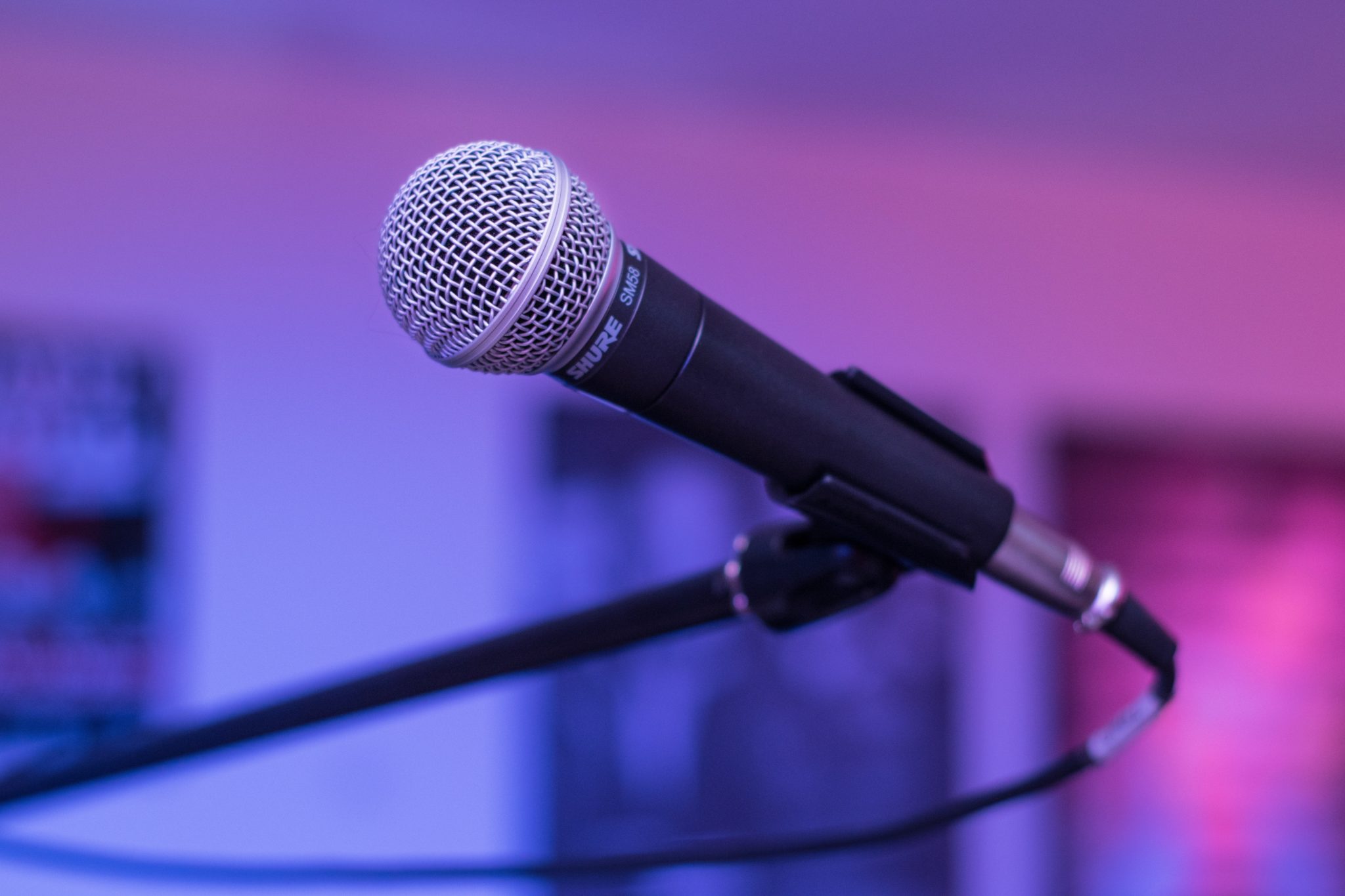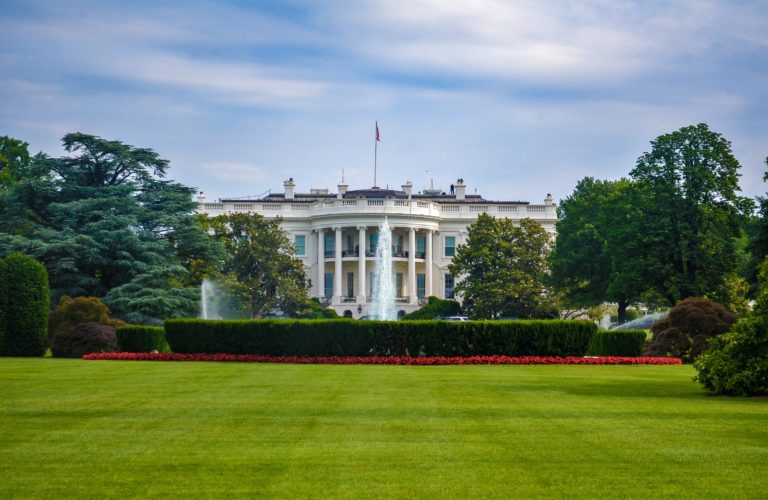In round one, the ladies ruled the presidential primary debate. For the most part,…
December Debate: What We Saw

We’re officially halfway through the promised 12 Democratic primary debates and, during last night’s debate in Los Angeles, there were only two women on stage (as opposed to four during last month’s match-up). The Barbara Lee Family Foundation has studied the obstacles and opportunities women face when running for office for the past 20 years, with a focus on executive office, and here’s what we noticed:
Proving qualifications is still different for men and women.
During a heated exchange between Senator Amy Klobuchar and Mayor Pete Butteigeig, they disagreed about what sort of “experience” is needed for a successful presidential candidate. Senator Klobuchar said,”I think winning matters. I think a track record of getting things done matters.” While Mayor Butteigeig took issue with the idea that he didn’t meet that qualifications threshold, the fact that Senator Klobuchar raised this issue is interesting in and of itself because it reflects the gender dynamics women face on the campaign trail every day. Over and over again, research has shown that women need to do more to prove their qualifications and, historically, women have been punished more for losing campaigns. While that later dynamic seems to be changing, recent Barbara Lee Family Foundation research shows that, when it comes to running for executive office, it’s especially important to voters that women candidates show they can get results.
Viewing campaign finance reform through the ethical pedestal lens.
Barbara Lee Family Foundation research has consistently shown that voters put women candidates on an “ethical pedestal,” expecting them to be more honest and trustworthy than men. While this can initially be an advantage for women on the campaign trail, if voters even perceive that a woman has been dishonest or acted unethically, regardless of her actual actions, the cost is high for the candidate. Attacking a woman on ethics is a tried and true method of undercutting her credibility with voters. While the exchange between Senator Elizabeth Warren and Mayor Butteigeig seemed to be one of the acrimonious personal confrontations of the night, it’s important to recognize that women face higher potential consequences than men over comments like “This is the problem with issuing purity tests you cannot yourself pass.”
Women moderators continue to make debates better.
This was the second debate in a row where women moderators outnumbered the men, and the first of this cycle that featured more than one woman of color moderator. Throughout the night, Amna Nawaz became known for her pointed follow-ups when candidates dodged a question, and the very first question Yamiche Alcindor asked was about the future of race relations in this country. Last night’s debate also made history when Alcindor asked about transgender rights (particularly transgender women of color), and moderator Tim Alberta asked a question about disability rights. A diversity of voices behind the moderator’s mic makes for a stronger and more inclusive debate.
Women candidates are aware of the “likeability” double standard.
For the last question of the night, moderator Judy Woodruff asked candidates to think of a fellow candidate they would like to ask forgiveness of or they would like to give a gift to. All of the men on stage chose to “give a gift” – only the women asked for forgiveness. Senator Warren apologized: “I know that sometimes I get really worked up, and sometimes I get a little hot.” And Senator Klochard said, “Well, I would ask for forgiveness any time any of you get mad at me. I can be blunt.” What they asked forgiveness for underscores the likeability double standard that still exists for women in politics: voters are less likely to vote for women candidates they don’t like, and likeability is a constantly moving target for women candidates. Voters reacted to every aspect of a woman’s presentation style, including her appearance, demeanor, and tone of voice.






